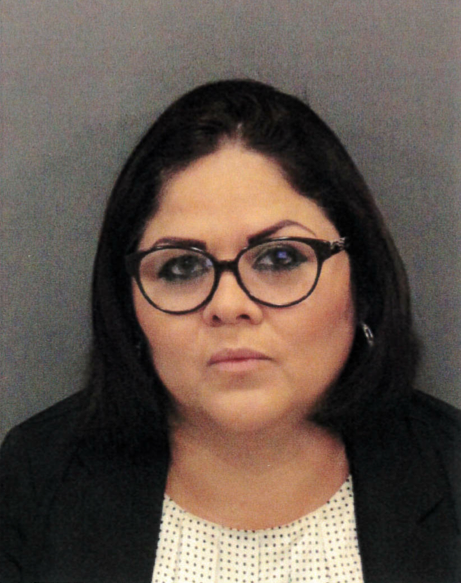Faces up to a year in jail for dumping wastewater into creek
Gilroy – Dairy farmer Manuel Furtado is facing a year in jail and $225,000 in fines for dumping 240,000 gallons of wastewater into a creek east of Gilroy last month.
Monday, the Santa Clara County District Attorney’s office filed three misdemeanor charges against Furtado, alleging that he discharged water in excess of his permit and dumped 20,000 gallons of water polluted with waste from the farm’s 600 cows.
Deputy District Attorney Kenneth Rosenblatt said Monday his office made a strategic decision to not charge Furtado for the full extent of the spill.
“We’re charging the case conservatively,” Rosenblatt said. “There are serious monetary penalties attached.”
One of the charges, a violation of the state’s Fish & Game code, carries a $10-per-gallon fine, imposed at a judge’s discretion. Furtado also faces a $25,000 fine under the state water code. An engineer with the Central Coast Regional Water Resources Control Board said he expects the regional board will discipline Furtado later this week.
“We are putting together our own enforcement,” Matthew Keeling said, adding that the board holds authority to curtail or revoke the farm’s discharge privileges.
Furtado said Monday that he has not retained a lawyer, but is worried about the penalties he faces.
“I’m worried because I don’t know what the outcome will be,” he said. “I can’t say it didn’t happen, but it’s not like it happened on purpose.”
The spill was discovered May 13 when an anonymous caller tipped off the Santa Clara Valley Water District that the Alamias Creek, which runs just west of the Ferguson Road dairy, appeared to be filled with wastewater.
The water, full of cow manure and compounds harmful to fish and humans, traveled 4.5 miles through the Alamias, stopping just short of the Llagas Creek headwaters south of Pacheco Pass Highway. Environmental officials said the spill was hazardous to the endangered steelhead trout, which migrates through the Llagas, and a potential threat to the groundwater basin.
Furtado has consistently maintained that the spill was an accident. He said at the time that he was draining two of his retention ponds into a nearby field and didn’t realize the water was reaching a trench that runs along the field and feeds the Alamias.
The water in the dairy’s six retention ponds is repeatedly flushed through the dairy to clean manure from the feed barns. In ideal conditions it would evaporate before Furtado is forced to pump it. Furtado is allowed to pump at his discretion into nearby fields but must ensure that none of it reaches state waterways. Keeling said last month that his initial investigation indicated that Furtado was in violation of his discharge permits.
The farm has a history with the regional board that dates back to the early 1980s, when the farm was owned by Manuel Furtado’s uncle, William Furtado.
In 1982 and 1983, the board issued cleanup or abatement orders directing Furtado to prevent wastewater from reaching the Alamias. At one point, the board referred the matter to the state Attorney General’s office. A report prepared by regional board staff in 1986 states that “although a court order was issued specifying containment of waste and an engineering report, overflow problems continued.”
That year, water from Furtado’s farm tested for nitrates, chloride, sodium and solids far above levels considered safe in the groundwater. In 1986, the board ordered him to install two monitoring wells, but the dairy ceased operations.
It reopened in 1992, but wells were not installed. It wasn’t until 2000 that the regional board again requested a monitoring report. William Furtado submitted that report, complete with information from two monitoring wells that didn’t actually exist. Manuel Furtado installed the wells last year.
Monday, Furtado said he’s now using a sprinkler system to drain his retention ponds. He said a damaged earthen barrier separating his farm from residential neighbors on Dunlap Avenue will be repaired in August.













